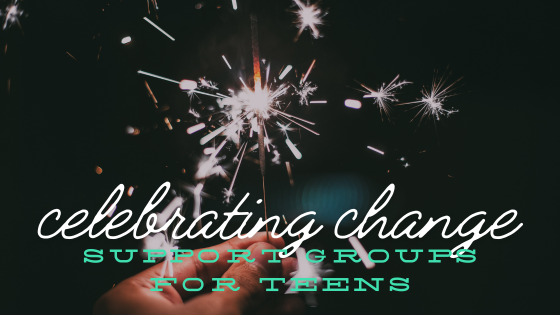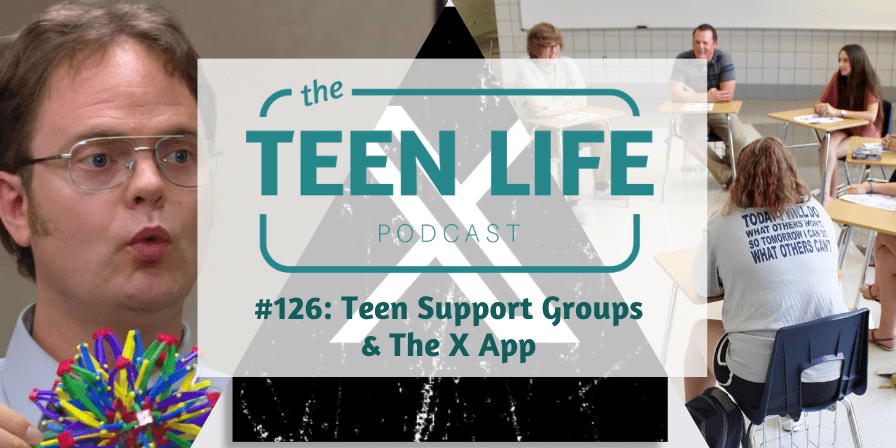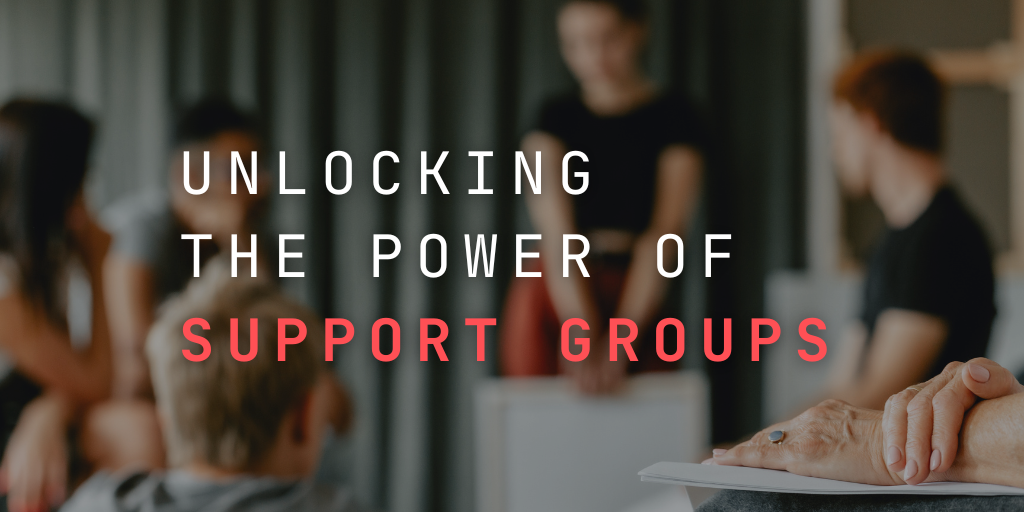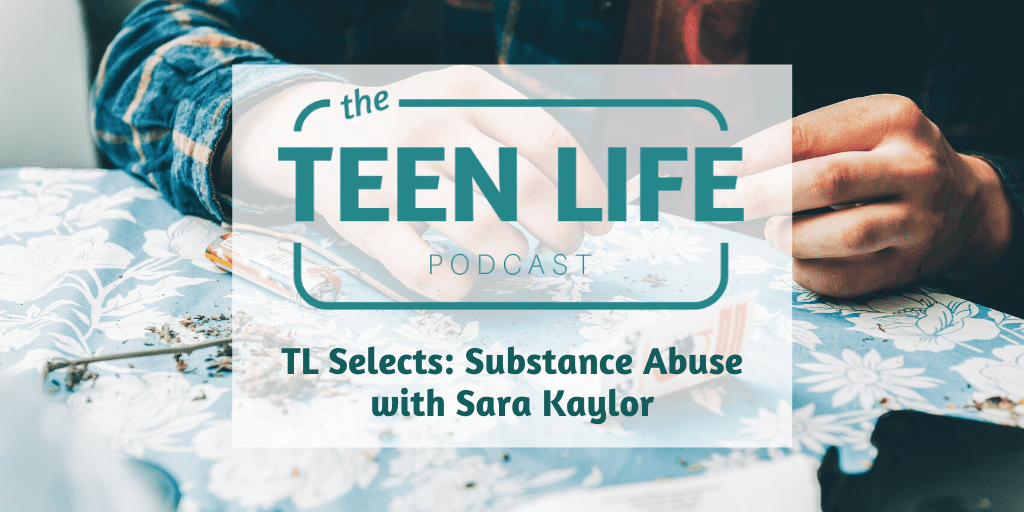
Celebrating Change: Support Groups for Teens
Support groups for teens offer an oppotunity for celebration.
It is no secret that the success of Teen Life comes from the incredible volunteers who give up their time and energy to make support groups for teens possible on school campuses.
One of these facilitators, Josh, worked with a group of students on a high school campus. Included in the group was a girl who had struggled with drug abuse in the past. She was open about this with the group members and was enjoying the skills and tools she was learning, but she especially appreciated the relationships she was building each week through this group.
As she got to know the group even better, she was excited to share with them about her upcoming celebration of being clean of harmful substances for one year. In sharing this, she invited the group to join her at a celebration party.
Josh later shared with us that he did not know if any of the other group members would be able to make it to the celebration. He was hopeful that the students would show up, but he also knew that there would be several factors that could keep them from coming. These students had only known each other for a short amount of time, so for them to remember, make travel arrangements, and prioritize a party centered around not using substances would be a big deal.
Because of the relationship he had built through the group with this girl and motivated by his skepticism that anyone else would show up, Josh decided he should make it a priority to go, uncertain of whether he would be the only non-family member there to help celebrate.
To his surprise and joy, every single member of the group chose to come and support their new friend. Through this Teen Life group, students were bonded through the renewed journey they were all choosing to embark on together.
This is what support groups for teens are about: building relationships.
Support groups offer the opportunity for students to create relationships that renew, build skills and tools that aid in the renewal process, create space that encourages a positive way of renewing life, and celebrate when this renewal is realized so that it is also reinforced.
These and many other students are encouraged in their renewal process on a regular basis. They get to see what it looks like when their peers choose a better life, and at the same time, facilitators like Josh are there to model the kinds of behaviors that cultivate a life of renewal.
What a blessing it is to see life change as these teenagers’ stories are renewed and celebrated.

Karlie Duke
Communications Director
Karlie Duke | Director of Communications
Karlie has always had a heart for teenagers. Through her role at Teen Life, she loves to showcase the amazing stories coming out of Support Groups, but she is especially passionate about helping adults and teenagers find connection. Karlie has a BS in Communications with a minor in Family Studies from Abilene Christian University.


